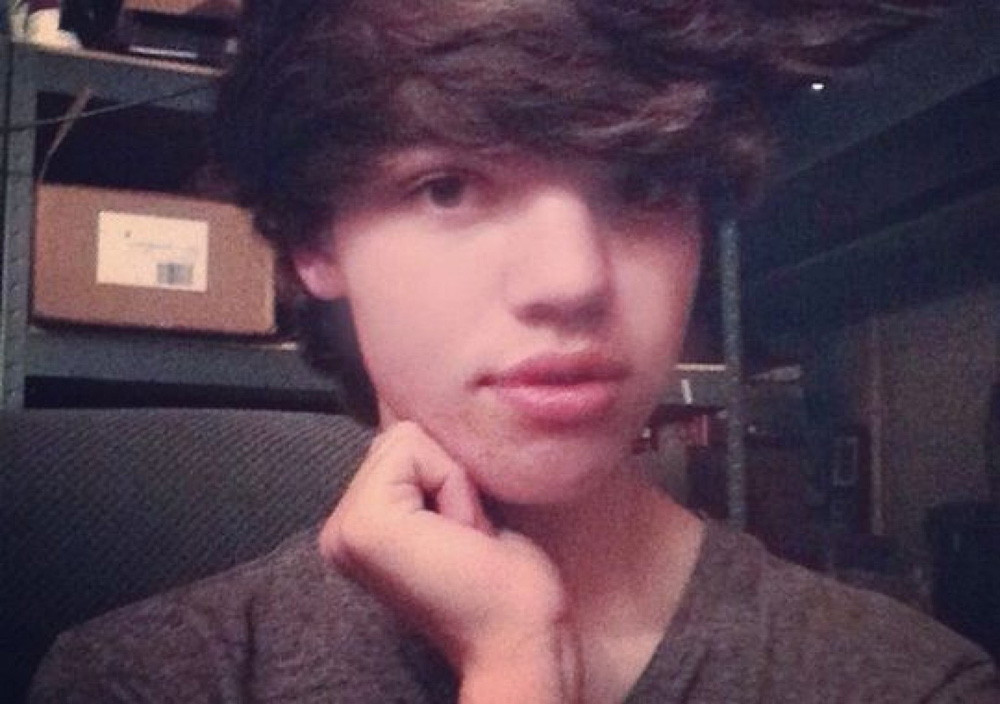A tough conversation
What will you do to create safer spaces for trans people?
It’s time to have a conversation. Actually, it’s far past time.
On Dec. 28, Leelah Alcorn, a transgender teen from Ohio, ended her life after her parents refused to accept her gender identity. Alcorn’s death attracted international attention in both mainstream and social media and much of this attention was focused on the suicide note posted online in which she expressed hope that her death may spark a dialogue about the discrimination faced by transgender people. While this tragedy occurred miles away and in another country, its effects were felt in Winnipeg.
On Jan. 2, dozens gathered in Osborne Village for a vigil to remember Alcorn. This, mere months after the incident that forced the family of Isabella Burgos, a transgender elementary school student in Transcona, to file a formal human rights complaint after their daughter was bullied for being transgender by a parent of a child in her class.
While many are quick to point a finger at the guilty parties in these particular situations and pat themselves on the back for it, what this aims to accomplish remains unclear. Condemning a handful of individuals will not undo what has already been done, and largely misses the point - perhaps purposely.
To acknowledge our own fault in the harsh realities that trans people face in their daily lives is a far more complicated and uncomfortable conversation than most people would care to have. To do so would mean to examine our own complicity in upholding these oppressive social structures.
These conversations may be uncomfortable, but blaming others instead of having these discussions won’t change anything. By avoiding having these conversations, we won’t change the fact that trans people face a disproportionate rate of violence compared to the CIS gender population, or that over half of all trans youth attempt suicide. By pointing a finger at others, we won’t change the fact that trans people face incredibly high rates of employment discrimination, or that at least 20 per cent of trans people will be homeless at some point in their lives.
By ignoring these issues altogether, we won’t change the fact that the life expectancy for trans women is 35 years old. By remaining passive in the face of injustice, we won’t change the fact that these numbers, as horrifying as they are, are even more severe for trans people of colour.
These issues are far bigger than Leelah Alcorn’s parents or the mother of the child in Isabella Burgos’s third grade class. The actions of these people are certainly symptoms of a larger problem, but they are far more nuanced than the attitudes of a few individuals. As transgender rights advocate Sophia Banks discussed on Twitter, by focusing solely on individual instances of transphobia, we miss the larger societal problems that perpetuate these realities for trans people. By not actively elevating the voices of trans people and working to fix these problems, we become complicit in their continuation.
The conversations may be uncomfortable, but they need to happen. In the words of Leelah Alcorn, we need to fix it. We need to fix society.
For more information visit tdor.info.
Caitlyn Gowriluk is a first-year Rhetoric major at the University of Winnipeg.
Published in Volume 69, Number 17 of The Uniter (January 21, 2015)







